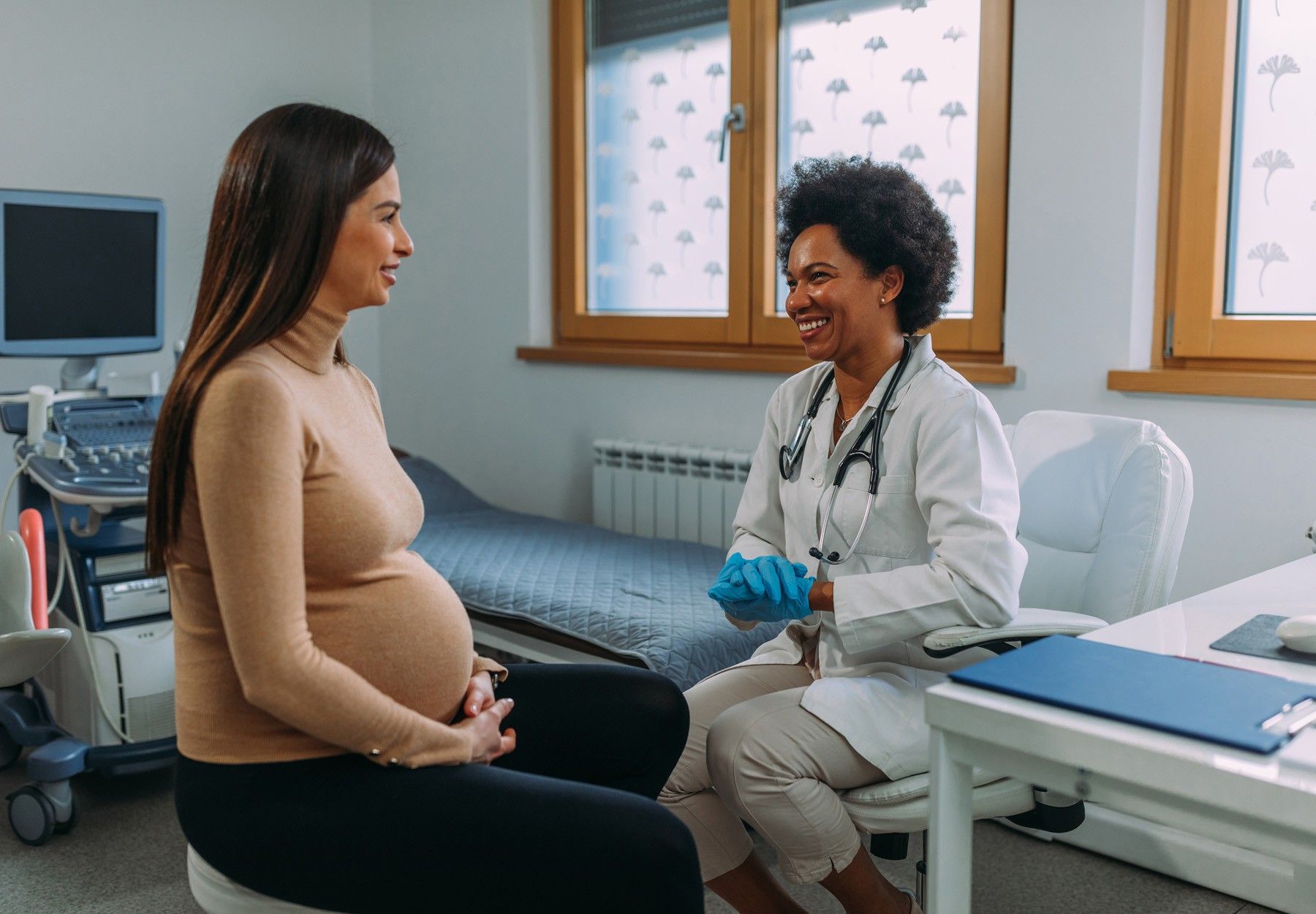While non-invasive prenatal screening with cell-free DNA (cfDNA), or NIPS tests, have taken a lot of heat recently, due to how they are marketed to consumers and healthcare providers, as well as issues around their accuracy reported in mainstream media, a recently released review has shown NIPS are accurate for detecting certain abnormalities.
NIPS are used to determine the risk that an unborn child may have genetic abnormalities that could cause severe health issues. If such abnormalities are detected, further testing is required to confirm the child has the condition in question. NIPS are not considered diagnostic tests.
Released by the American College of Medical Genetics and Genomics (ACMG) on May 24, the systematic evidence-based review (SER) evaluated how well NIPS perform in detecting the most common chromosomal disorders such as Down syndrome in general-risk pregnancies. Researchers also looked at how well the tests detected sex chromosome abnormalities, copy-number variant disorders like DiGeorge syndrome, or other rare chromosome trisomies—disorders involving the presence of an extra chromosome.
The review, the second on NIPS conducted by the ACMG, looked at 87 studies, finding that NIPS was over 99 percent accurate in detecting sex chromosome abnormalities as well as the most common trisomies in both singleton and twin pregnancies, which include:
- Trisomy 13: Also called Patau syndrome, a condition involving physical abnormalities as well as severe intellectual disability
- Trisomy 18: Also known as Edwards syndrome, a condition involving abnormalities in many parts of the body
- Trisomy 21: Known most commonly as Down syndrome, involving mild to moderate intellectual disability and other physical disabilities
Though the ACMG notes in a press release that NIPS tests are less accurate for sex chromosome aneuploidies, rare autosomal trisomies, and copy number variants, it points out that NIPS “is the only laboratory-based prenatal screen that can identify these at all at this time.”
The review may be helpful for labs that develop NIPS tests, as well as for health care providers, co-author Marco L. Leung, PhD, FACMG, says.
“This SER validates the high sensitivity and specificity of NIPS in the detection of common trisomies, as well as the variable performance in rare autosomal trisomies and copy number variants,” Leung said in a press release. “This SER may serve as a valuable resource for laboratories that are optimizing their NIPS assays, and for clinicians who are evaluating the utilization of this technology in their medical practices.”
